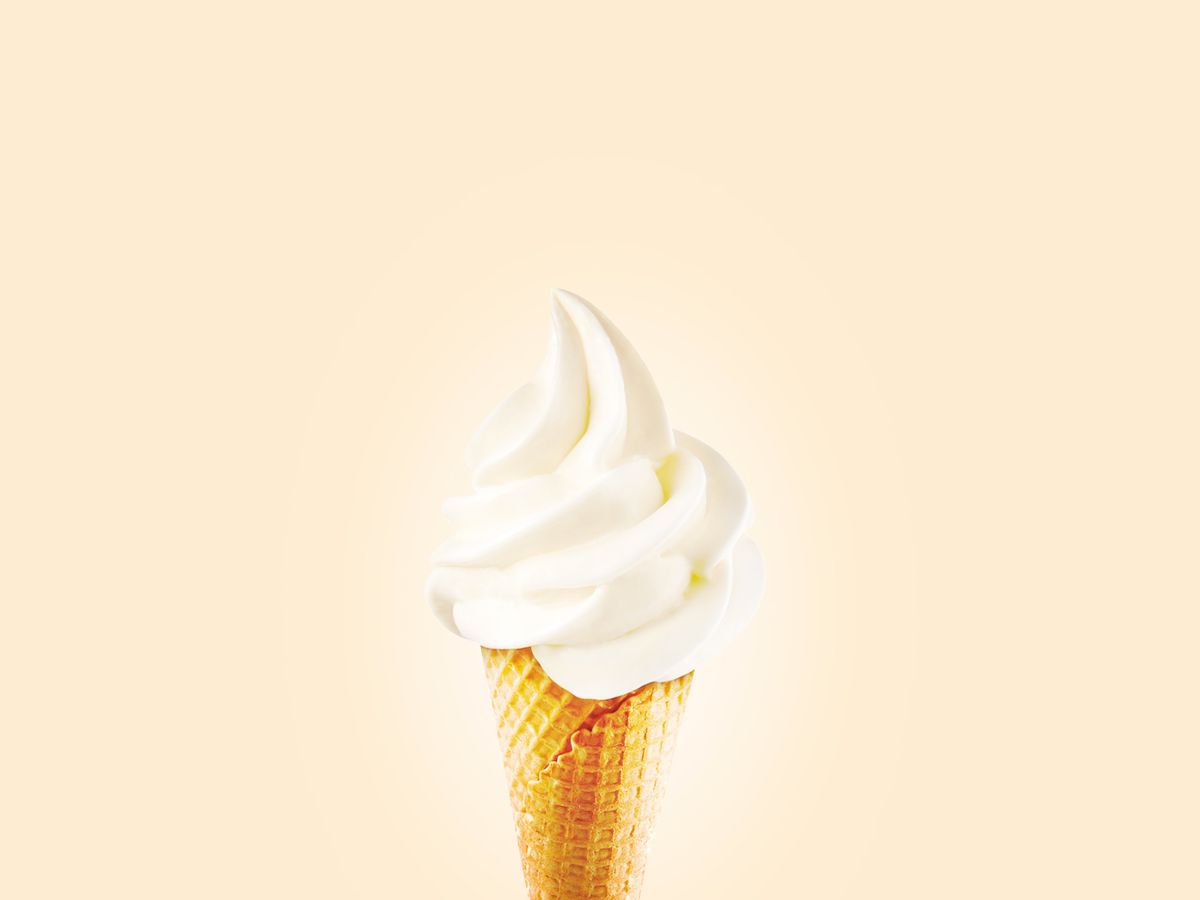Could ice cream be good for you? Yes, no, maybe so
We all know that ice cream is a dessert and that dessert foods aren’t necessarily bad for us in moderation.

A few minutes every morning is all you need.
Stay up to date on the world's Headlines and Human Stories. It's fun, it's factual, it's fluff-free.
The weather is getting warmer as junk boat season approaches, and so what better way to cool down than to enjoy everyone’s favorite sweet treat – ice cream? Well, children, listen up 'cause we have some exciting news – ice cream could have some surprising health benefits.
We all know that ice cream is a dessert and that dessert foods aren’t necessarily bad for us in moderation. But it’s still loaded with saturated fats and sugar, so most people eat it in smaller amounts or feel a tad bit guilty after indulging in this frozen goodness. The idea that it could be kind of good for you is completely out of left field.
An article by David Merrit Johns for The Atlantic points out research done by Harvard doctoral student Andres Ardisson Korat back in 2018 showing that half a cup of ice cream a day was linked to a lower risk of heart problems in diabetics. Well, strange conclusions come from studies from time to time, and it’s usually because of some sort of human or computational error. The thing is, Ardisson conducted similar experiments again and again and got the same result.
And actually, other researchers have drawn similar conclusions after analyzing the health effects associated with dairy and can’t really figure it out. Mark A. Pereira, an epidemiologist at the University of Minnesota, found similar conclusions from research done over 20 years earlier. He found that dairy foods – but especially ice cream – could lower the chances of developing insulin-resistance syndrome (which can lead to diabetes) among overweight people.
“I still to this day don’t have an answer for it,” he said. “We analyzed the hell out of the data.”
Another Harvard study built onto Pereira’s findings, underscoring that the results were linked specifically with low-fat dairy foods, for example pointing out that risk reduction was associated with things like low-fat milk, not whole milk. But, they still couldn’t shake the blatant association of reduced risk with ice cream.
But not everyone is buying it.
“As an academic public health doctor, I’m not going to be rushing out to eat more ice-cream based on this research,” weighs in John Ford, academic public health doctor and senior clinical lecturer at Queen Mary University London. “There are lots of other potential explanations – it may be that people are more likely to have an ice-cream to cool down after a walk or some exercise, or it may be that people who tend to choose ice-cream as a dessert instead of a high-calorie slab of chocolate cake are also likely to substitute other high-fat foods.”
The Department of Health and Social Care, as well as the NHS in England, didn’t comment.




Comments ()